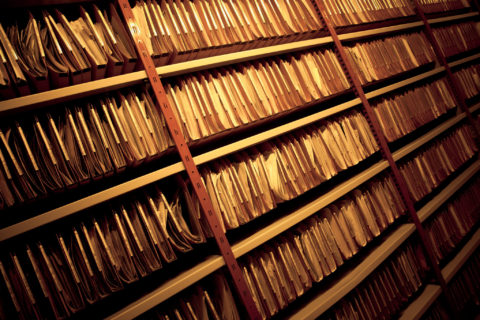Perhaps not as much as you think
By Kathy Frankovic
ESOMAR and WAPOR (the World Association for Public Opinion Research) launched the sixth study last year to examine the limitations on the publications of election polls near election day. The first study was in 1984. Which countries set limits on the public’s right to know, and which do not?
The six studies indicate relatively little change in the prevalence of election poll embargoes over time. About half the 133 countries included in the latest study have pre-election blackout periods for poll publication. In the last few years, four times as many countries have added embargo days as have decreased them. Additionally, in fourteen countries the pre-election blackout period extends for two weeks or more (the longest pre-election poll blackout period reported was 150 days in Tunisia!)
Election polls provide valuable information to potential voters, especially in multi-party elections, where strategy enters into a voter’s decision making. Limits on poll publication often are unaccompanied by limits on the conduct of polls, so that critical information can be obtained by those with the resources to fund their own polls. For an example of this problem, see the private use of election day polls in Great Britain during the 2015 vote on Brexit.
There are blackout periods in every region of the world, though nowhere are there as many as in Latin America. Nearly every country in Central and South America has an embargo period, ranging from two days to 30 days. Chile recently imposed a new poll blackout period of two weeks; El Salvador increased its blackout period by 14 days.
The situation in Latin America of long blackout periods contrasts unfavorably with the situation in Europe; while two thirds of European countries report a blackout period, most of them last only a few days.
Latin American countries report a highly regulated polling industry. In 42% of the Latin American countries, respondents say there is a government body responsible for controlling the conduct of election polls, the largest percentage in any region.
The study looks at polling more broadly than just the regulation of pre-election polls: it contains reports on exit poll freedom, an assessment of how well polls are conducted and how well (or poorly) they are reported. It also provides a summary of the impact of self-regulation and whether or not a country has a professional association responsible for addressing complaints about polls. Europe leads the way here, with nearly half its countries reporting a professional association. The study also looks at the difficulties of conducting polls in each country (respondents were twice as likely to say it is harder to conduct polls today than before as to say it has become easier); some problems have nothing to do with government regulation!
The report is scheduled for release in a few weeks.
Data collection came from both ESOMAR and WAPOR national representatives and a broader group that included country representatives of WIN and GIA, the Afrobarometer and other cross-national studies; the survey was administered by Professor Timothy Johnson of the University of Illinois, Chicago, the WAPOR Standards Chair.
Kathy Frankovic is part of the ESOMAR Professional Standards Committee


